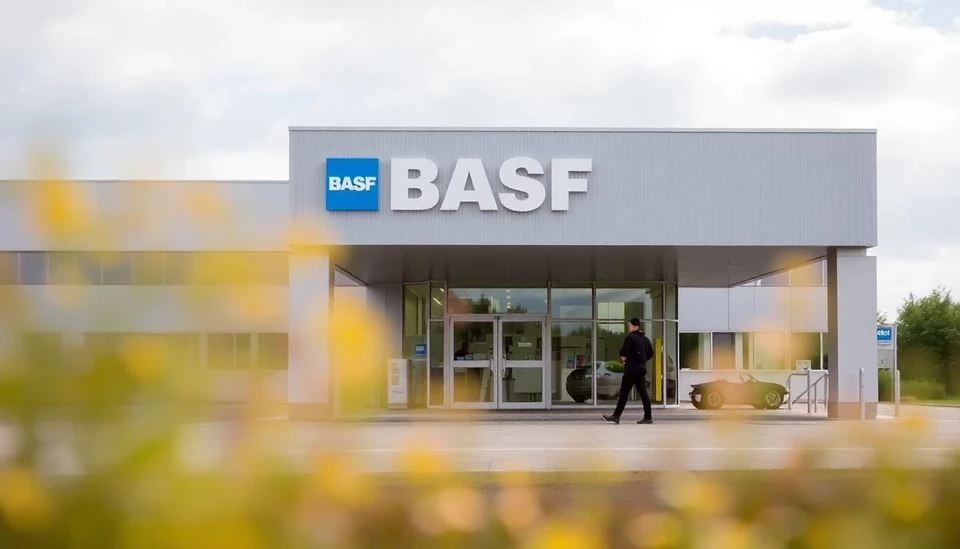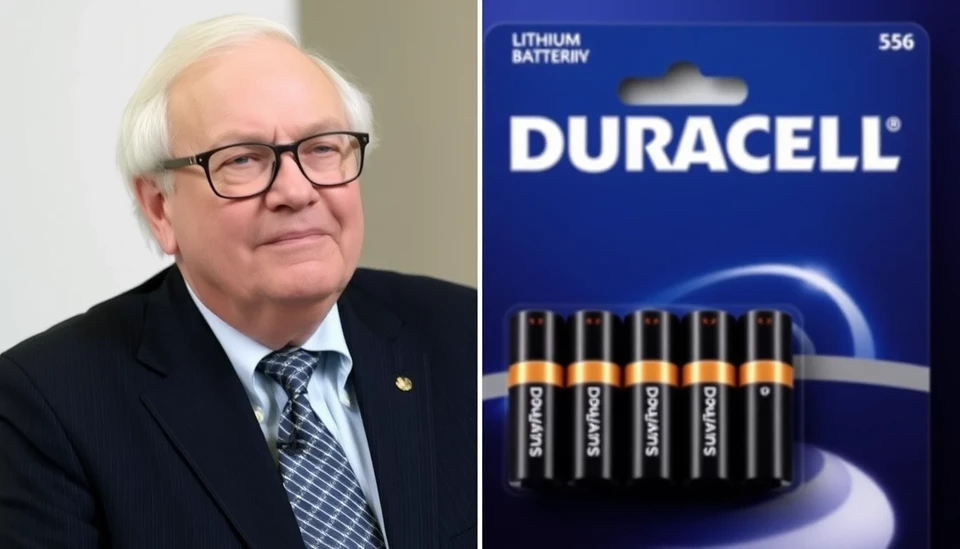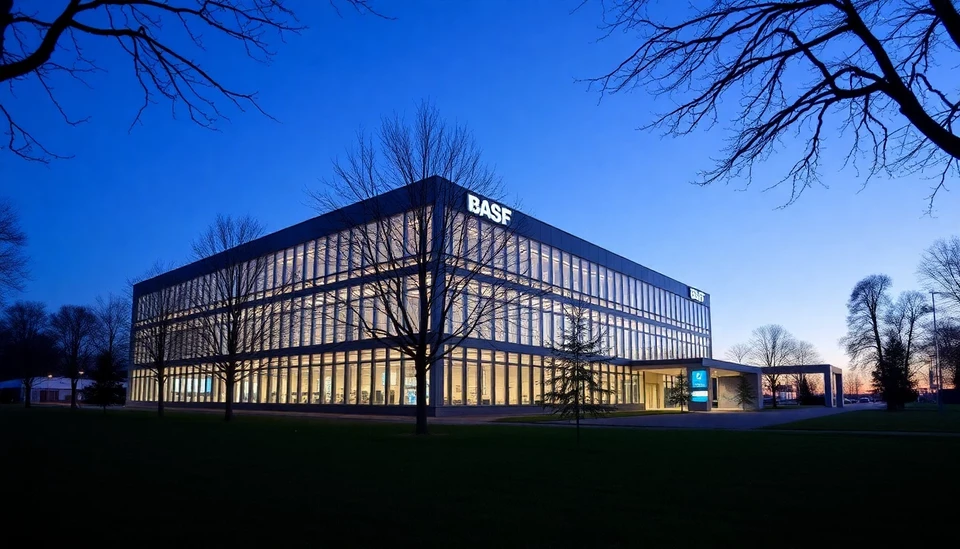
In the most exciting strategic about-faces, one of the world's leading chemical companies, BASF SE, announced its decision to restructure its business through cutting down on its dividend pay-outs and focusing its core operations on more productive business units. The decision is a reflection of a larger strategy of boosting profitability in the face of thin margins and streamlining operating procedures in light of unfavorable market conditions.
The German chemicals giant announced it would cut its annual dividend for the first time since its listing in 1952, as the company fights falling profits and rising costs amidst ongoing economic uncertainties and competition in the chemicals market.
Chief Executive Martin Brudermüller said the reduction in the dividend was necessary to release resources for growth areas of the portfolio. "Our aim is to strengthen our financial position and invest more heavily in our core businesses, which we believe will drive long-term value for our stakeholders," Brudermüller said.
The company will concentrate on businesses where it has relative competitive advantages, with a focus on material, industrial solution, and surface technology. In those areas, BASF can further develop operational efficiency and drive innovation to better prepare for the upcoming market environment.
Yet, this transformation comes when BASF-like most of its peers-is dealing with deteriorating raw material prices and challenging regulatory environments. It has felt the pinch to transform because of changes in consumer demand and sustainability requirements. This investment in digitalization and advanced manufacturing processes is what BASF is hoping will provide the more resilient and adaptable business model.
It also includes divestiture of non-core assets no longer aligned with the refocused strategy. This will further provide the company with additional capital for funding its targeted growth initiatives and technological advancements.
Investors and market watchers alike have cautiously reacted to the announcement by BASF. While some look toward the long-term benefit from this move, some number of concerns makes way for the immediate impacts said to be caused toward shareholders and overall sentiment within the market. The reduction in dividends will be mixed among investors of BASF, who over years come to rely on its consistency of payouts.
Yet, BASF is quite positive regarding the future. The company believes that it can weather the market storms only by sharpening its focus and making investments in key, strategic areas. These steps are considered as proactive measures necessary to render the company viable and able to further grow in the rapidly changing industry.
Every future step that BASF is going to take will be avidly watched by each and every other expert in the industry with much interest in how the strategic remake changed the performance of the company and further positioned the company in the market over the next few years.
This announcement represents an important milestone for BASF SE as it reshapes itself for a more focused yet growth-oriented future in light of continued challenges in its industries.
#BASF #ChemicalIndustry #DividendReduction #StrategicShift #MartinBrudermüller #CoreBusiness #MarketConditions #Profitability #Sustainability #Innovation #Digitalization #AdvancedManufacturing #Restructuring #Growth
Author: Victoria Adams




